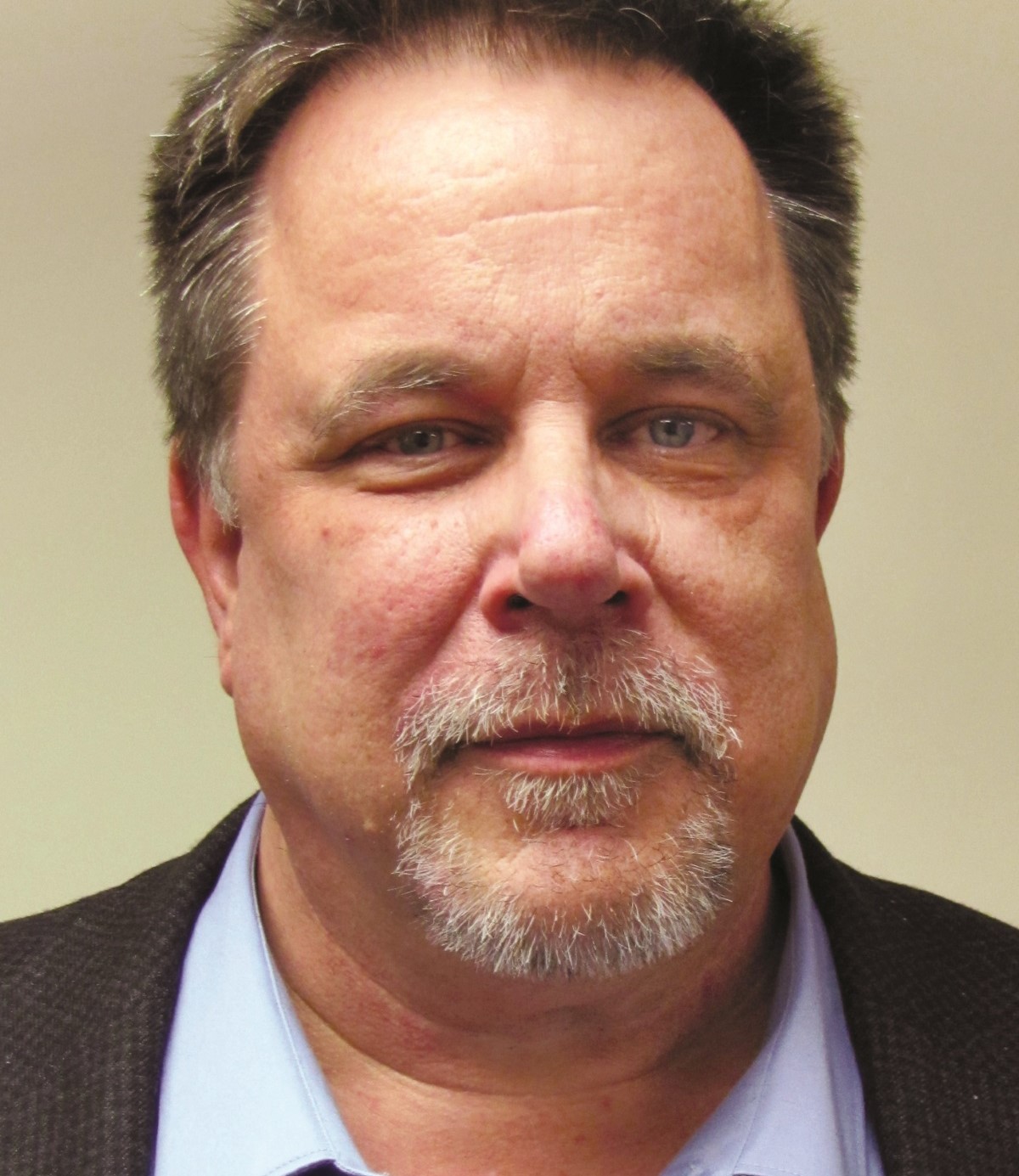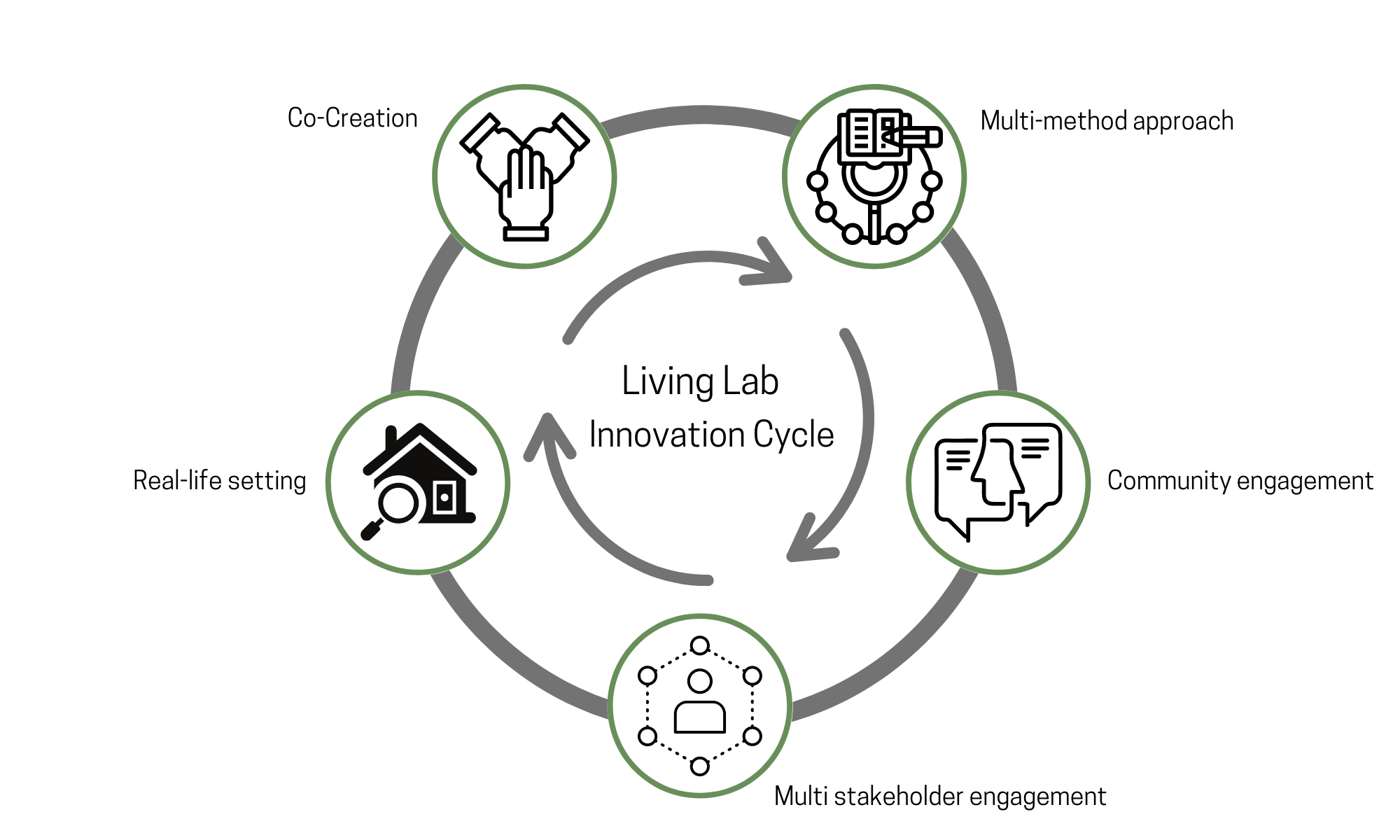Such a simple question, four small words that get at the core of our community change work.
It’s not a question confined to a step in a visioning or planning process. It’s place is with us, no matter where we are going or if we are standing still.
It’s not just a question about purpose or vision. It is also inquiry into who we are and how coming together around something that matters to all of us might change us. After all, change of any size is made by people; the changes they make only occur because of the changes within themselves.
 Of course, it is a fitting question when we are contemplating a collective aspiration or vision. It’s a question that is also about right now. Why are we here, right now? What do we understand about the moment we are in? Have we made the time to connect with those around the table so that we can know them beyond their titles and their organizational roles and authorities?
Of course, it is a fitting question when we are contemplating a collective aspiration or vision. It’s a question that is also about right now. Why are we here, right now? What do we understand about the moment we are in? Have we made the time to connect with those around the table so that we can know them beyond their titles and their organizational roles and authorities?
As is true for all compelling questions, they produce additional questions. If we prefer a jargony label, one could call it a prime example of generative inquiry, but that’s just a fancy term for the fact that good questions lead to more good questions. That’s easy to understand.
When groups are stuck or, worse, when their members are at odds with one another, this question has the potential to be a game-changer, if people are willing to abandon their positions and certainties and turn together to answer the question. The question is not asking for an argument, but rather implies a need to understand ourselves and one another and, as much as possible, those we represent.
This can be where groups go wrong: failing to devote sufficient time and energy to connecting with one another as human beings, not just professionals with organizational ties and confinements. Getting to the human part of the question is important because our humanity cannot be governed by an organization, but we can and I daresay we should try our best to share who we are as we talk about why we are here.
It’s hard to do. And it takes a lot of trust, which also requires time to form and nurture. Trust is an exchange between human beings, not professionals. Either you trust the person or you don’t. There is no such thing as half-trust. Lack of trust leads to blaming and closing doors. It causes us to deflect ourselves from grappling with what matters most and devote our waning energy to process details, rules of order, and snipes – sometimes to such a degree that the only common agenda is the group’s dedication to its own dysfunction.
Those of you who know me understand my sensitivity to addressing capacity when setting strategy. Our tendency is to take on more than we can effectively handle – or should I say, “juggle?” That said, when groups do not understand and embrace why they are here it can result in the claim that “we lack the capacity” to do this stuff. “We have to do this off the corners of our desks.”
It is true that capacity considerations must have a strong presence in strategy development and even more so when forming implementation plans. But in my many years of consulting with leaders and community change practitioners I can’t recall a group that understood why it was “here” and why each individual was, too, ever stopping itself from doing anything because of a lack of capacity.
The purpose of factoring in capacity challenges is not to identify what will defeat us, but to first recognize and then do something about the capacities required to move forward on the shared aspiration.
After all, we will never bring about significant community change is all we do is articulate all the reasons we can’t make the changes we say we want to make.
Why are we here?
Our answers are worth knowing.
,,,,,,,,,,
By the way, why do we see juggling many balls as a badge of honour, as if it is a skill to be aspired for? Realistically, if you are focused on juggling a bevy of balls in the air, you can’t do much anything else, can you?





